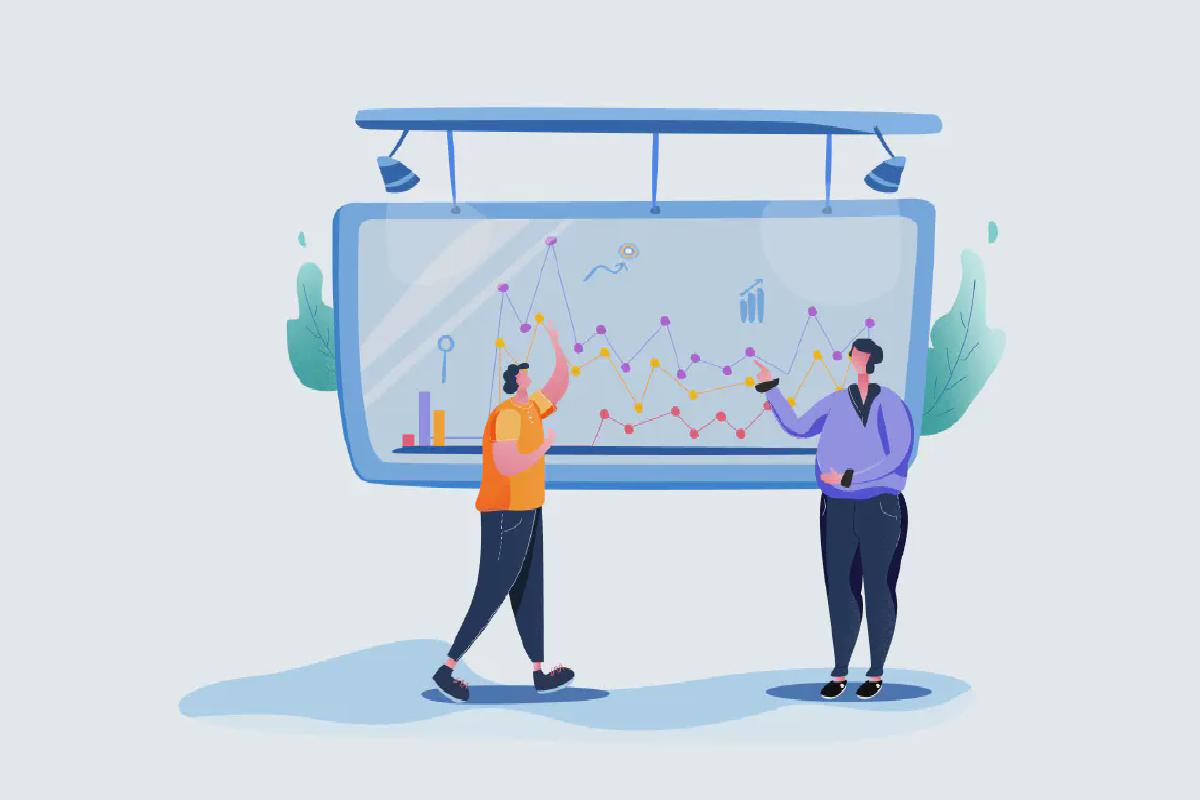Understanding Google Analytics 4 Events, Key Events, and Conversions
Posted in Digital Marketing on July 29, 2024 by Ramin Zamani ‐ 3 min read

What is the difference between Events, Key Events, and Conversions in GA4?
The evolution from Universal Analytics to Google Analytics 4 (GA4) has brought about significant changes in how we track and measure user interactions. In this post, I’d like to discuss three fundamental concepts in GA4: events, key events, and conversions. Understanding these elements is crucial for effectively leveraging GA4’s capabilities.
Events: The Foundation of GA4
In GA4, events form the bedrock of all data collection. Every user interaction you track is an event. This could range from page views and button clicks to more complex interactions like form submissions or product purchases. The flexibility of GA4’s event-based model allows for a more comprehensive and nuanced understanding of user behavior.
Key Events: Highlighting What Matters Most
A key event is essentially an event that you’ve identified as particularly important to your business success. It’s a way of saying, “This action is crucial, and I want to pay special attention to it.”
Here’s how it works:
- You identify an event that’s significant to your business goals.
- You mark this event as a key event in GA4.
- GA4 then provides enhanced reporting and analysis capabilities for this event.
For example, if you run an e-commerce site, you might mark “add_to_cart” as a key event. This allows you to focus on this critical step in the purchase funnel and analyze it more deeply.
Conversions: Bridging GA4 and Google Ads
The concept of conversions in GA4 represents a significant shift from previous versions. In GA4, a conversion is created in Google Ads based on a key event from GA4. This alignment between GA4 and Google Ads is designed to provide consistent measurement across both platforms.
Here’s the process:
- You mark an event as a key event in GA4.
- If this key event is crucial for optimizing ad campaigns, you create a conversion in Google Ads based on this GA4 key event.
- This conversion data is then shared between Google Ads and GA4, ensuring consistency across platforms.
This new approach offers several advantages:
- Consistent conversion counts across GA4 and Google Ads
- Improved ability to optimize ad campaigns based on key business actions
- Enhanced cross-platform reporting capabilities
Watch this short video from Google for more context and details:
Practical Implications
In my experience, this new structure requires a shift in how we approach analytics and campaign optimization. Here are a few key considerations:
Thoughtful Event Planning: With events as the foundation, it’s crucial to plan your event structure carefully. Consider what user actions are truly meaningful for your business.
Strategic Use of Key Events: Not every event needs to be a key event. Reserve this designation for actions that significantly impact your business goals.
Alignment with Ad Campaigns: When creating conversions in Google Ads, consider how these align with your overall marketing strategy and campaign objectives.
Cross-Platform Analysis: Take advantage of the consistency between GA4 and Google Ads to perform more comprehensive, cross-platform analyses.
As GA4 continues to evolve, I anticipate further refinements in how we track and analyze user behavior. The alignment between GA4 and Google Ads represents a significant step towards more integrated, consistent digital marketing measurement.
I encourage you to explore these features in your GA4 implementation. Start by identifying your most critical events, mark them as key events, and consider which of these should be set up as conversions in Google Ads. This approach will provide you with a solid foundation for data-driven decision making in your digital marketing efforts.
Remember, in the rapidly changing landscape of digital analytics, staying informed and adaptable is key to success. Keep exploring, keep learning, and most importantly, keep analyzing.
Found this post helpful?
Subscribe to my newsletter and get posts like this in your inbox.
Found this post helpful?
Subscribe to my newsletter and get posts like this in your inbox.

